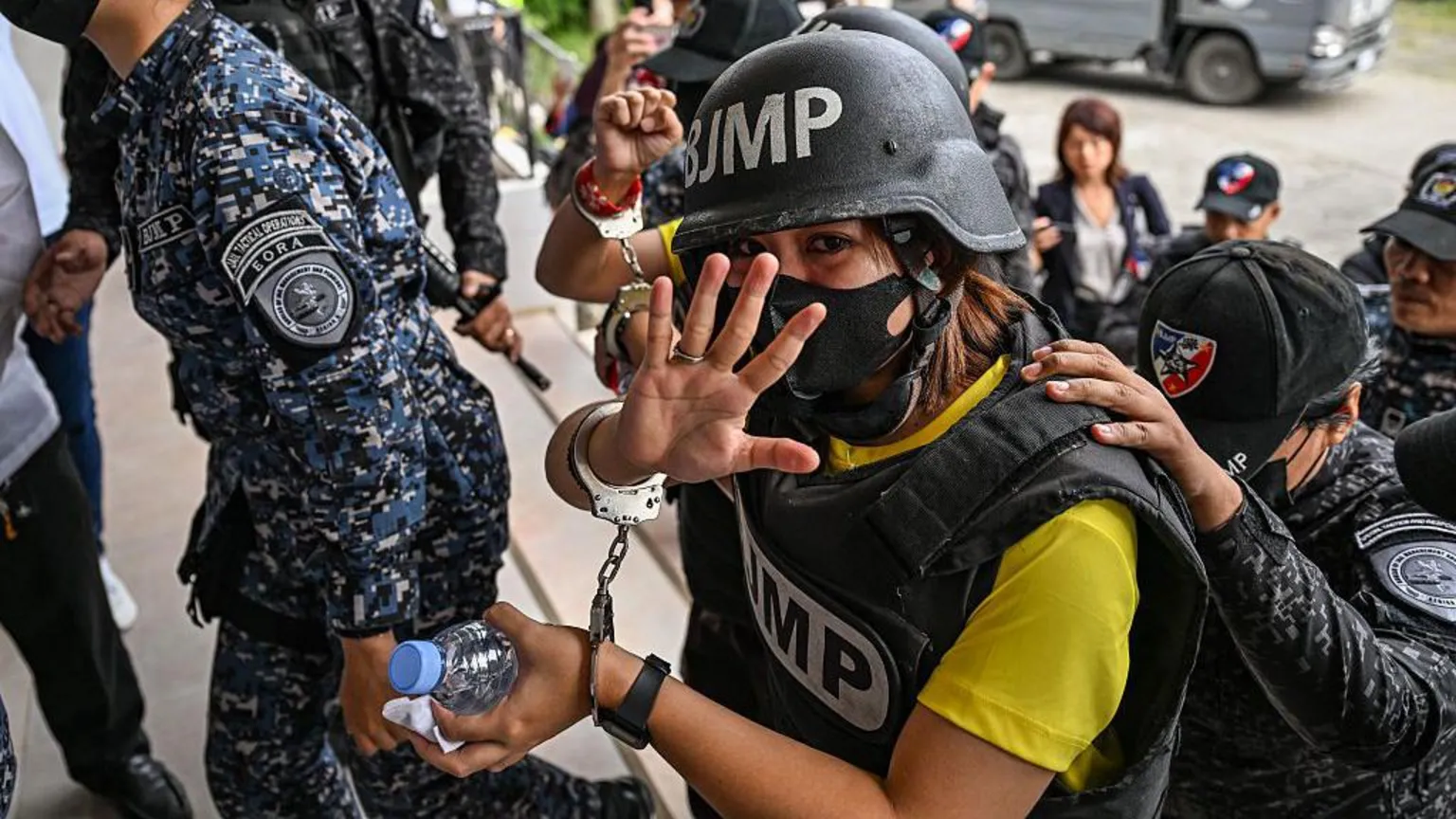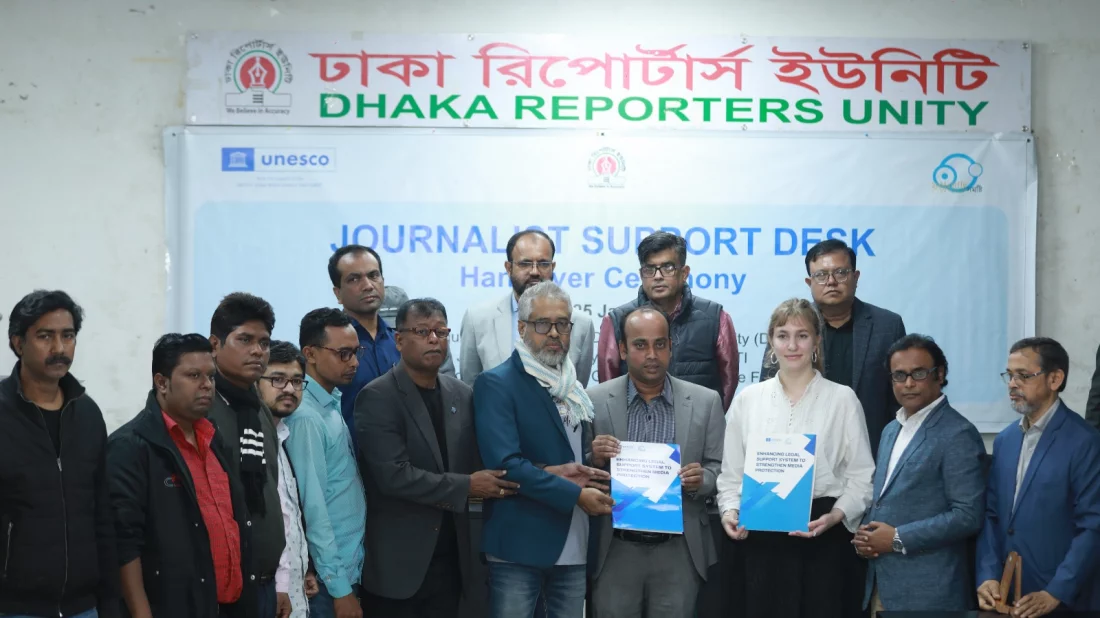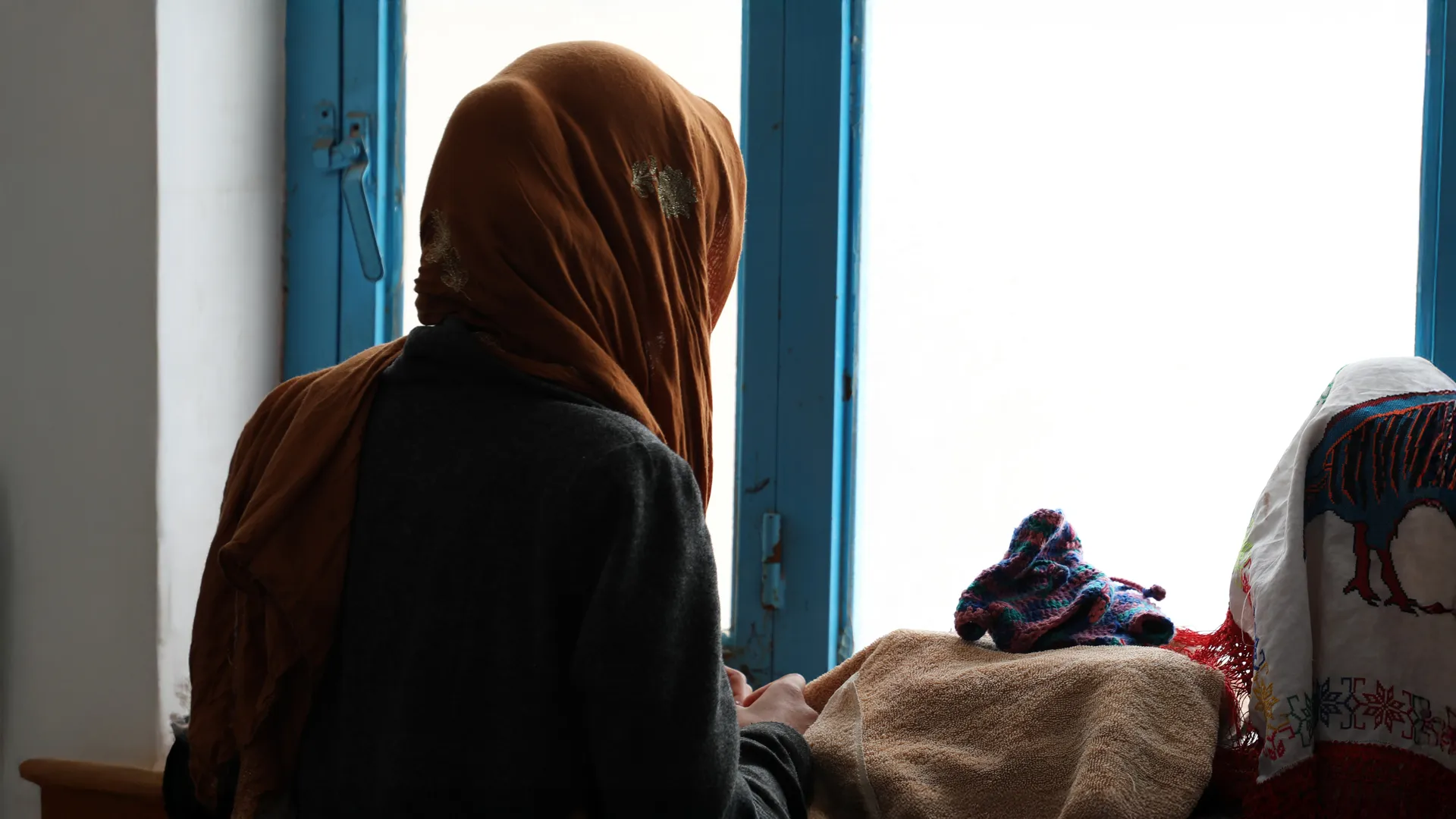
Revealed: Syrian Regime Held Missing American Journalist Austin Tice
June 2, 2025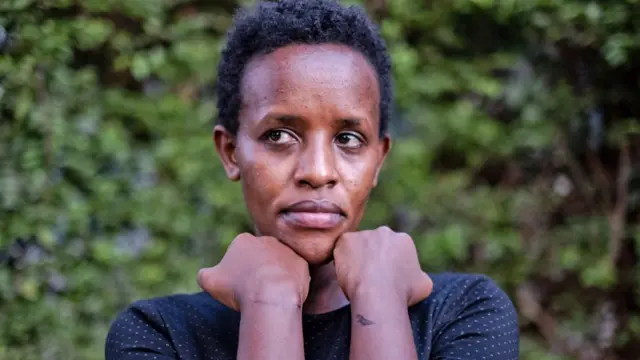
Ugandan Journalist Agather Atuhaire Recounts Harrowing Ordeal During Detention in Tanzania
June 2, 2025June 02, 2025 – India –
India’s Supreme Court has agreed to hear a petition filed by two journalists from Madhya Pradesh who allege police officers physically assaulted them after reporting on illegal sand mining in Bhind district. The incident has sparked widespread outrage and drawn attention to the dangers faced by reporters investigating corruption and environmental crime.
According to the petition, the two journalists were summoned to a police station in Bhind on May 23, 2024, under the pretense of questioning, but were instead brutally beaten by police officers. The reporters say they were targeted for their work exposing the operations of the sand mafia, a powerful and often violent network involved in illegal sand extraction in central India.
Following the assault, the journalists fled to Delhi, citing serious threats to their safety and fearing retaliation if they remained in Madhya Pradesh. They later approached the Supreme Court seeking protection and an independent investigation into the incident. Their legal counsel argued that the journalists lacked the means and safety assurances to file a complaint within the state, which is why they bypassed the Madhya Pradesh High Court.
The case was brought before a bench comprising Justices Sanjay Karol and Satish Chandra Sharma. While the bench questioned why the matter was not raised at the state level, it agreed to consider the plea, acknowledging the gravity of the allegations. The petition has now been formally listed for hearing.
The Press Club of India and other media organizations have condemned the police action, calling it a blatant attempt to silence press freedom. They stressed that the attack not only violated the journalists’ rights but also undermined the media’s role in holding power to account.
The incident sheds light on the increasing threats faced by journalists in India, particularly those covering environmental crime and local corruption. The Supreme Court’s decision to hear the case is seen as a critical step toward ensuring accountability and upholding press freedom in the face of growing intimidation.
Reference –

